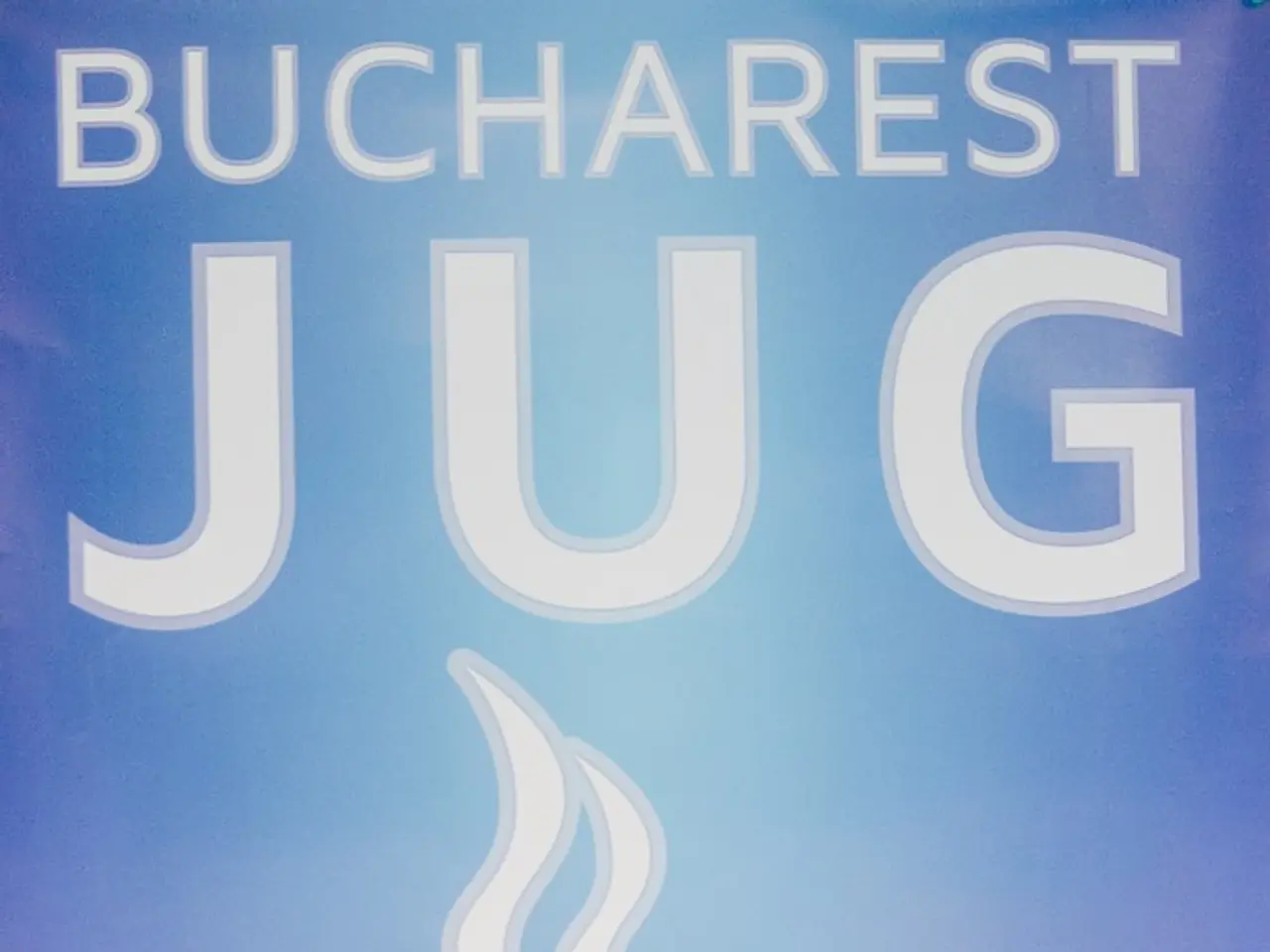UK's Competition and Markets Authority (CMA) offers additional explanations on the 'drip pricing' regulations in the Digital Markets, Competition, and Consumer Act (DMCCA)
CMA Draft Guidance Cracks Down on Hidden Charges in Online Sales
The Competition and Markets Authority (CMA) has published draft guidance on the price transparency provisions of the Digital Markets, Competition and Consumers Act 2024 (DMCCA). The new guidelines aim to address longstanding concerns over hidden or surprise charges in online sales, often referred to as "drip pricing."
The draft guidance requires upfront disclosure of the total price including all mandatory charges, clear communication when exact prices are not calculable, and specific treatment of delivery, transaction, and fixed-term charges.
Total Price Requirements
Traders must provide the total price of the product upfront in the invitation to purchase (ITP). This means the headline price must include all unavoidable fees and charges such as booking, delivery, resort, and local taxes. The CMA is focused on a phased approach to clarifying these obligations so businesses can comply and ensure fair competition and consumer protection.
Delivery Charges and Transaction Charges
These unavoidable fees must be included within the total price from the start. If any part of the price cannot reasonably be calculated in advance, traders must provide information enabling consumers to calculate or estimate these charges clearly and prominently alongside the calculable parts of the price.
Fixed-Term Periodic Charges
The draft guidance covers how these charges apply to subscriptions or fixed-term services, specifying that traders need to include all fixed-term periodic charges in the ITP. If certain periodic charges cannot be fixed or reasonably calculated in advance, clear information must be provided to help consumers understand potential variations in price.
Solutions for Online Retailers
The CMA is keen to hear suggestions from businesses for simple, alternative, practical solutions, particularly in relation to online transactions. Suggestions include a dynamic "add to basket" button on the product page that shows the cost of adding an item to the basket, including any additional fees or discounts. Automatically displaying the consumer's "basket" with the total price (including all mandatory charges) based on the products currently selected after each product is selected is also suggested. A prominent "floating basket" that updates in real-time, keeping the total price visible to the consumer, is another proposed solution.
Consultation and Implementation
The consultation on the price transparency provisions of the DMCCA is open until 8 September. The CMA launched the consultation on 3 July 2025, with final guidance expected in autumn 2025. Until then, the CMA will only take enforcement action against genuinely unexpected and untrailed mandatory charges added late in the purchasing process.
The new draft guidance provides examples of prohibited "drip pricing" practices and ways to ensure compliance when presenting price information in an invitation to purchase. The guidance also provides additional information on when fees, taxes, charges, or other payments will be considered "mandatory" and must be included in a headline price.
This change in the draft guidance is particularly important for the telecoms sector, ensuring consistency between the general application of the DMCCA and the specific rules that apply to communications services. The CMA published final guidance on the unfair commercial practices (UCP) regime of the DMCCA in early April 2025.
The Digital Markets Competition and Consumers Act (DMCCA) was published on 1st August 2025. The CMA's draft guidance on the price transparency provisions of the DMCCA supplements and supersedes earlier CMA guidance (CMA207) on unfair commercial practices and provides detailed examples and practical advice on implementing the new DMCCA price transparency obligations.
Finance and business sectors will need to adhere to the new price transparency requirements imposed by the Competition and Markets Authority (CMA) as a result of the Digital Markets, Competition and Consumers Act 2024 (DMCCA). Traders in these sectors must provide a clear and upfront total price for their products, including all unavoidable fees and charges, to ensure fair competition and consumer protection. This includes delivery charges, transaction charges, and fixed-term periodic charges. The CMA is currently seeking suggestions from businesses for practical solutions to implement these changes effectively in online transactions.




